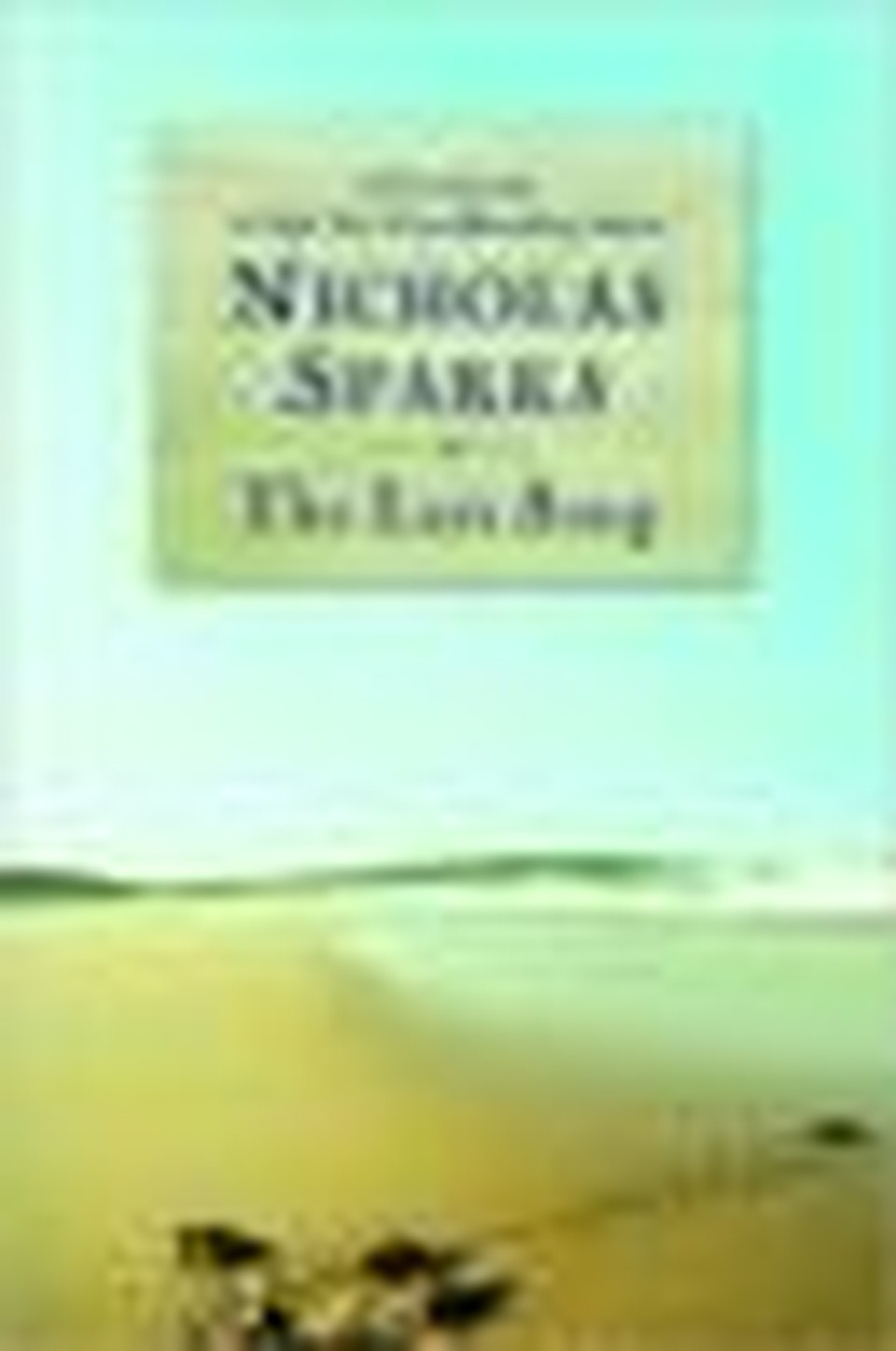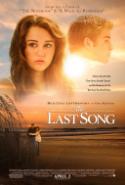Nicholas Sparks: The Spark Behind The Last Song

His stories of love and loss have connected with millions, but what inspires him? In a one-on-one interview with Crosswalk.com, author Nicholas Sparks talks about faith, hope and love and how that figures into his latest novel-turned-movie, The Last Song.
You've had so many of your stories made into movies, has it become old hat or is it still exciting?
Nicholas Sparks: I'm always excited about it, but I'm used to it. It's kind of like being a professional bull rider. You know it's going to be really exciting when you get out there, but it's not your first rodeo. It's always a thrill because you never know which ones are going to be made, and it's always fun to see how the vision differs slightly from the novel and what the performances are like. I enjoy going and watching the movie for the first time.
Do you find yourself being critical at all with a little notebook in your head, jotting down things and seeing what they missed once The Last Song was on the big screen?
Sparks: I suppose you could. I don't really. The novel is a story told with words, and film is a story told in pictures. I don't think you want to film the book. It's a different medium, and you have to do different things. I'm okay with that.
Since we're so A-D-D as a society, it has to be snapshots so you can get it going and move it along. But were you nervous about the screenplay format at all since you're so familiar with how novels are structured?
Sparks: Screenplays are easy. They are way easier than the novel. You do have to know the structure and you have to know timing insofar as what has to happen on page 22 versus page 25 versus page 28. But once you understand the structure of the screenplay, you are allowed to "tell" and you don't have to "show" like you do in a novel. "She comes inside still angry from her confrontation." You can't write that in a novel! That's what you do in a screenplay because you know that the performer is going to show it for you. It's like handing off part of your workload. It's kind of nice.
You wrote this specifically with Miley Cyrus in mind, so how did you get in touch with your inner 17-year-old girl?
Sparks: That wasn't as challenging as you would think. I have teenagers. I remember when I was a 17-year-old boy, I loved those 17-year-old girls. I felt I understood them very well, in fact. Also, my kids have friends that age, and I coach high school track so I see girls that age. That wasn't hard.
The hardest part about Ronnie's character, and it was quite a challenge, was not the female part but the anger part. Anger is easy but you can't have a movie where you don't like the main character. How do you get the audience to like her but still get across the fact that she is not very likable? That was a very hard part in both the novel and the script and of course, Julie Anne [Fidler, the film's director] had the same dilemma and the answer is shown through her interactions with her brother when he starts to miss the mom.
All the sudden all the anger is gone and Ronnie says, "I know she misses you too." You see that there is something behind the façade that means things, the books she reads, the fact that she is going out to protect the turtles, the fact that she doesn't drink. The audience can then see there's more to this girl. They may be like, "I don't like this but there's a lot of things I agree with." Then they end up liking her.
I think everyone can identify with angst and acting out a little bit. I thought she was fine.
Sparks: Miley did a great job.
Since so much of The Last Song involves music, how has music influenced your life and what would I find on your iPod?
Sparks: It's funny, music plays a very small role in my life. If I'm in the car driving for two hours it never strikes me to turn on the radio. I'm always thinking about my book or this or that.
I grew up in a house and didn't have a radio or a stereo until I was 14, so it wasn't part of my life growing up ,and then I just never got into the habit of listening to it. With that said, there are lots of things I really like that I hear and think "Wow, that's really good!" I will tell you, my assistant, who loves music, cannot believe how little I know about music. You would think I know more, but it's like I've read the biographies of Mozart and Beethoven, so I do that. My assistant came in and said, "Tell me who plays this," and she played the song and I had no idea and I told her I had never heard it before. It was about three weeks ago and the song was "Party in the USA" by Miley.
But if you don't listen to the radio that completely makes sense!
Sparks: I listen to the television when I work. With that said, music played a role in this novel in that, and I'm certainly aware of how much music influences movies. But Miley and I talked, and she didn't want to sing. I also didn't want her on guitar. I was going to do that, but Miley wanted a stretch so we had her playing classical piano. I thought that went really well with the story that I was writing anyway. As for what you'd find on my iPod? Maybe a little Bob Marley.
Miley spoke a little bit about this in the film's press conference, but I wanted to get your take on the themes of faith. What does faith mean to you?
Sparks: Well, I'm a Christian, so it comes from that. I'm not a judgmental Christian. I am the first to say I do not presume to know the will of God. I just go with what Jesus said. Jesus said that the greatest commandment is to love God and love your neighbor as yourself. The thing about that is that it is essentially the Golden Rule. It's what Confucius said. It's what the Muslims said, it's in Judaism, do unto others. That's a lot of what this film is about. The novel was different; the novel had much heavier faith elements.
It's really about trying to experience God's presence. Film is a different medium, and that introspection doesn't work so well so it gets played in a much more subtle way. Faith really manifested in itself is about doing the right thing and treating others the right way and turning the other cheek. So you have this father who is acting in total forgiveness and treating her the way he'd want to be treated, but she's not responding. Then she does begin to, and I think everyone benefits from that. I think this is a movie that talks about redemption and forgiveness and trying to be better, not perfect but just making good decisions and realizing the importance of family.
I was amazed by Greg Kinnear's character and just the way that he might have just broke down and lit into her because she's so disrespectful, but he's a lot like God in that he doesn't come in and tell us what to do or intrude in our space.
Sparks: He just keeps leading the way through example.
His character was a lot like that. He could have preached at her; he could have grounded her.
Sparks: He's very subtle. You see him working on the stained glass window for the church and reading the Bible. You know that this is where he is drawing his reactions to her from.
As far as his character too, I was so surprised as well by the fact that everyone thought he was responsible for burning down the church but he let the guy off with a free pass. It was almost like he knew he didn't have a lot of time left so why focus on the minor things? I was so mad though. I wanted him to have to take responsibility for what he did and for ruining someone's reputation. I wouldn't have wanted to be that person in town.
Sparks: What he did there is that he died for their sins. What does that sound like? Where on earth would I have got that? I mean it's very subtle and the faith is evident but it's done in such a way that you see the lessons if you are looking for them. If you're not, you won't be offended because they will go right over your head. I could write long essays on the religious symbolism of The Last Song.

The hardcover edition of The Last Song released last fall. Click here to read a review.
Originally published March 31, 2010.





